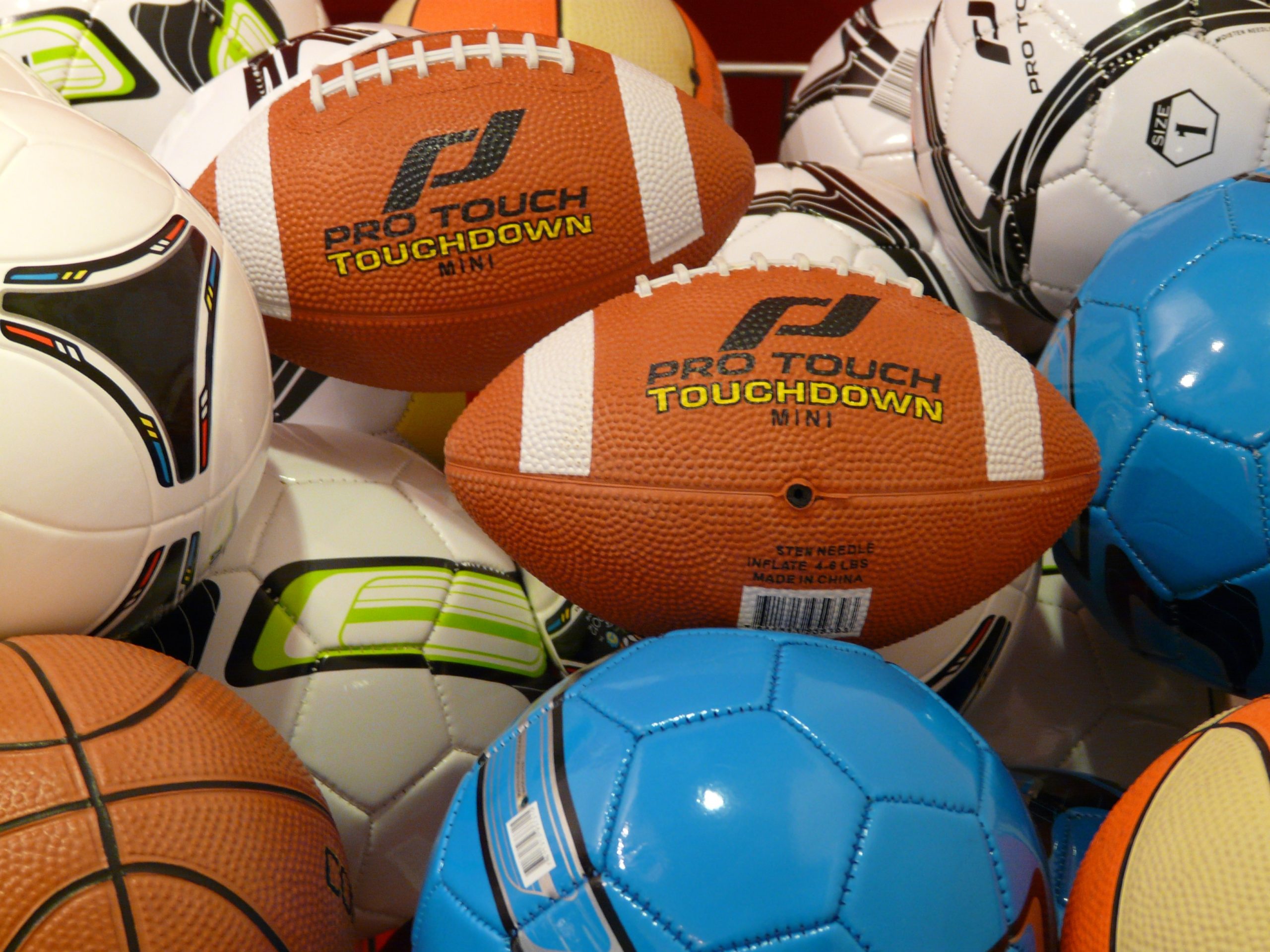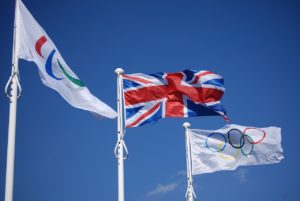Olympic Sports Vocabulary: A Guide to British and American English Differences
The Olympic Games bring people from all over the world together. Athletes compete at their best during this time. While everyone understands what ‘The Games’ are about, the words used to talk about the events can be different. This is especially true when looking at British English and American English. Here’s a list of 20 main differences in Olympic sports words. These show how varied the English language can be.
Athletics vs. Track and Field
British English: Athletics
In the UK, “athletics” means all track and field events. This includes running, jumping, and throwing.
American English: Track and Field
In the US, people call these events “track and field.”
Example
- Brits say: “She’s taking part in athletics this summer.”
- Americans say: “She’s doing track and field this summer.”
Football vs. Soccer
British English: Football
People in the UK call soccer “football.”
American English: Soccer
People in the US use “soccer” to distinguish it from American football.
Example
- Brits ask: “You are going to watch the football match tonight?”
- Americans ask: “You going to watch the soccer game tonight?”
Kit vs. Uniform
British English: Kit
In the UK, people call an athlete’s clothes and gear “kit.”
American English: Uniform
Americans say “uniform” instead.
Example
- British: “Remember to bring your kit for the match.”
- American: “Remember to bring your uniform for the game.”
Pitch vs. Field
British English: Pitch
Brits use the word “pitch” to talk about where sports like soccer, cricket, and rugby are played.
American English: Field
Americans call it a “field.”
Example
- British: “The players are warming up on the pitch.”
- American: “The players are warming up on the field.”
Trainers vs. Sneakers
British English: Trainers
In the UK, people call athletic shoes “trainers.”
American English: Sneakers
In the US, people call them “sneakers.”
Example
- British: “She got new trainers to run in.”
- American: “She got new sneakers to run in.”
Nil vs. Zero
British English: Nil
Brits often use “nil” to describe a score of zero in sports.
American English: Zero
Americans more often say “zero.”
Example
- British: “The final score was three-nil.”
- American: “The final score was three-zero.”
Medallist vs. Medalist
British English: Medallist
UK folks spell it “medallist.”
American English: Medalist
In the US, people spell it “medalist.”
Example
- British: “She’s a gold medallist from the last Olympics.”
- American: “She’s a gold medalist from the last Olympics.”
Draw vs. Tie
British English: Draw
In the UK, people call a game that finishes with the same score a “draw.”
American English: Tie
Americans say “tie” instead.
Example
- British: “The match ended in a draw.”
- American: “The game ended in a tie.”
Court vs. Field
British English: Court
In Britain, people say “court” for closed-off play areas like tennis or basketball sports.
American English: Field
In America, “field” is used more often for different sports.
Example
- British: “They’re playing on the tennis court.”
- American: “They’re playing on the tennis field.”
Conclusion
The Olympic Games highlight not only the diverse athletic talents from around the world but also the rich tapestry of language that accompanies them. Understanding these differences in British and American sports vocabulary enhances our appreciation of the Games and fosters greater communication and understanding. So, whether you’re cheering for your favourite athlete or discussing the latest results, remember these key differences and celebrate the global nature of the Olympics.
Improve your English Speaking Skills
Unlock your full potential with The English Studio! Our experienced teachers offer custom English language training to everyone helping you to improve in your work and to grow your social, business and career opportunities / chances of success [choose one]. Find out how our specialised lessons can help you reach your goals. Call us at +44 20 7299 1700 or send an email to [email protected] for more information. You can also complete our online test to check your English level or meet with our Education Advisors for tailored advice.
To learn more of Olympic and sport terminology, check on our blog on Sports metaphors





